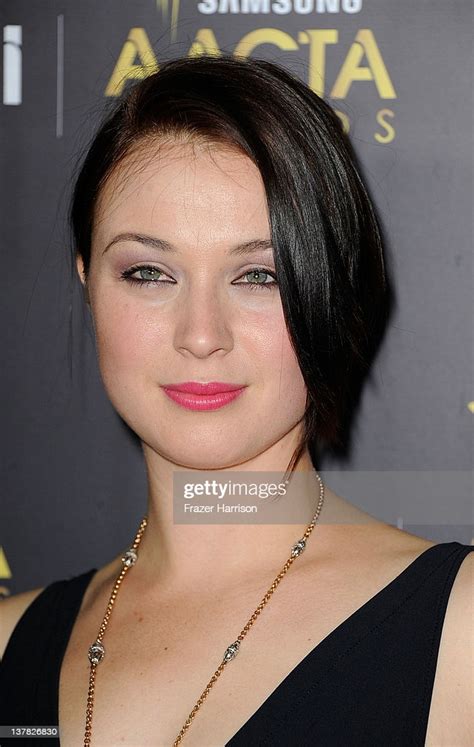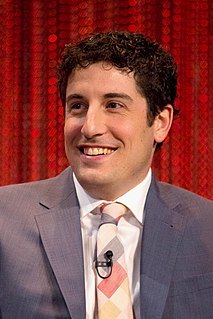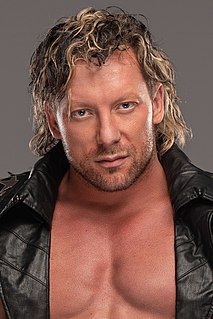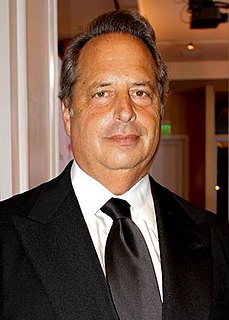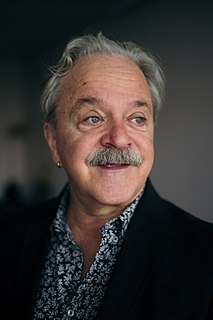A Quote by Robin McLeavy
When you take a character seriously, there's more room for comedy because you're not aware of how absurd you are.
Related Quotes
I'd like to do more dramatic roles but I would never give up comedy to do it. I've seen a lot of actors that do a complete 180 degrees and say: "I'm done with comedy, I want to be taken seriously." I take my comedy very seriously and I want to be taken seriously because of my comedy. I think it's more fun for me. I enjoy laughing and attempting to make people laugh. So I'd like to do more drama but I'd never do the 180 thing.
A lot of people think that comedy is sort of a cop out to not wrestling seriously, but I actually would argue that comedy is much more difficult than wrestling seriously because you have to be creative in almost everything that you do if you want the comedy to make sense within the realms of pro wrestling.
I think TV companies don't take as many risks any more, it's a bit more prescriptive. There are more channels but there seems to be actually less main network channel comedy. You can't offend people as easily, people take things very seriously now. I think that's down to social media though because people can have little tribes of offence.
Working in television it's really great to be able to stick with a character for a long period of time. It's not like you have one shot, and that's it. You have more time, more room, an ability to reflect on your performance and the character and how much has really been shown, and what you'd like to see. It's nice. You have more breathing room.
I see parody as another form of comedy. If you are making a comedy, there are a lot of different ways to do it. I'm not necessarily always aware of my quote-unquote persona when doing things like that. It's more, "What does the character need at the time?" I'm certainly drawn to certain types of material, there's no doubt about that.
